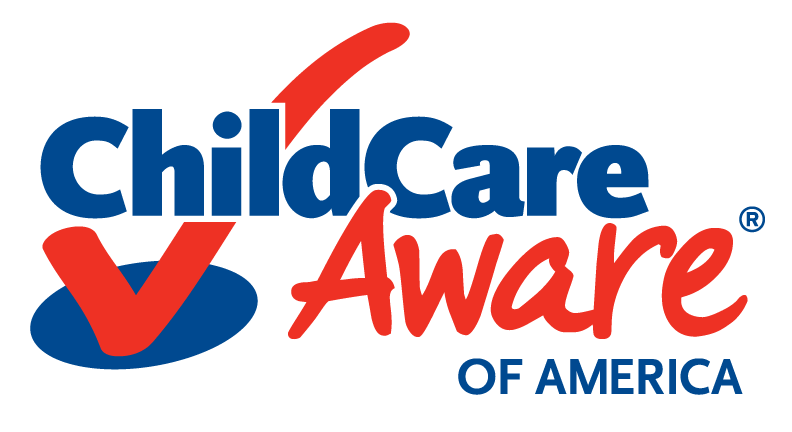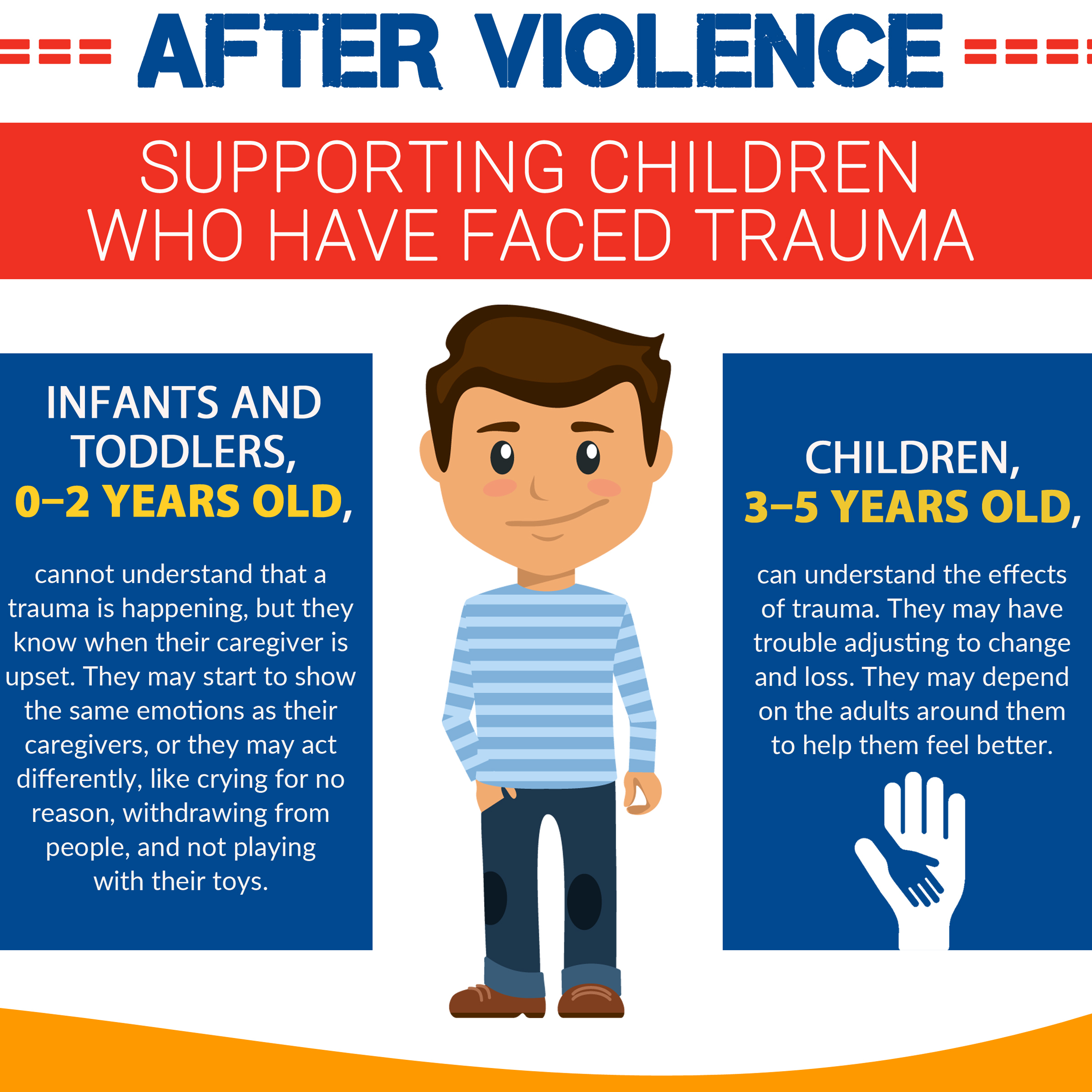Whether children witness violence or hear about it from the news, it can cause them to feel unsafe and frightened. Child care providers can plan ahead to help protect children and reduce the risk and impact of violence.
Reducing the Risk of Violence
The best thing you can do to prevent violence is to take measures to stop a problem from occurring before it happens:
- Be aware of your surroundings and individuals who are in the area
- Implement staff procedures that keep doors locked and shut
- Limit access to door codes, fobs, and keys
- Develop a culture of safety that promotes questioning individuals or items that look out of place
Involve parents in keeping children safe:
- Make sure parents know not to let others in your child care program if they don’t know them, and that it is okay to ask questions
- If there are domestic issues, such as custody disputes, make sure you have appropriate paperwork
- Use parents as extra eyes and ears
Have a communication plan:
- Learn about emergency alerts available in your community
- Know how you’ll communicate information within your facility, if necessary
- Empower staff to report emergencies
Children’s Exposure to Violence
There are many resources available to help children understand and cope with disasters here.
Supporting Children Who Have Faced Trauma Infographic
Other Resources
- Community Violence (The National Child Traumatic Stress Network) https://www.nctsn.org/what-is-child-trauma/trauma-types/community-violence
- Early Childhood Trauma (The National Child Traumatic Stress Network) https://www.nctsn.org/what-is-child-trauma/trauma-types/early-childhood-trauma
- Adverse Childhood Experiences (ACEs) (Centers for Disease Control and Prevention) https://www.cdc.gov/violenceprevention/index.html



